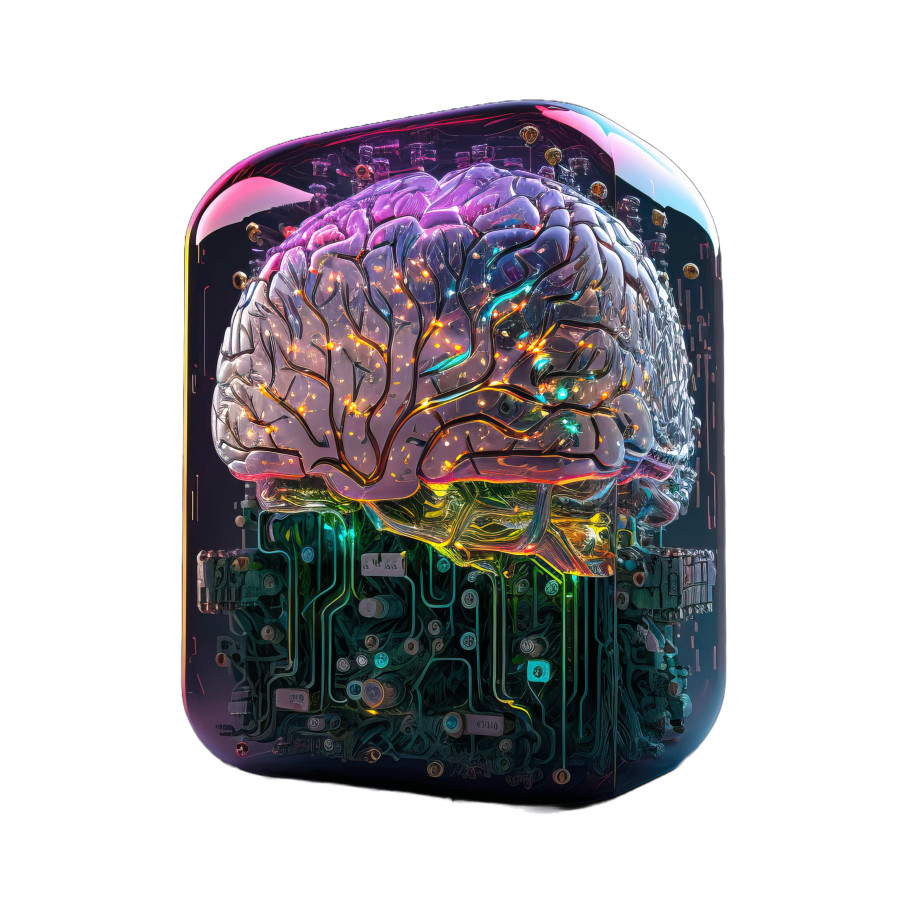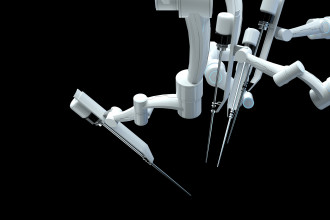Diagnosis of Skin Cancer
Skin cancer is one of the most common types of cancer, and early detection is critical for successful treatment. Dermatologists can use algorithms to evaluate skin lesions and determine whether they are cancerous or benign. These algorithms analyze features such as size, shape, color, and texture to classify the lesion and provide a probability of malignancy. By using algorithms, dermatologists can make more accurate diagnoses and reduce unnecessary biopsies.
Predicting Heart Failure
Heart failure is a chronic condition that affects millions of people worldwide. Algorithms can be used to predict the likelihood of developing heart failure based on factors such as age, blood pressure, cholesterol levels, and medical history. These algorithms can also help healthcare providers identify patients who are at high risk for hospitalization or death from heart failure. By identifying high-risk patients early, healthcare providers can provide more targeted interventions to prevent or manage heart failure.
Automated Triage in Emergency Rooms
Emergency rooms can be chaotic and stressful environments, with patients arriving in various states of urgency. Algorithms can be used to triage patients and determine the order in which they should be seen based on the severity of their condition. These algorithms can also provide guidance on which diagnostic tests or treatments are most appropriate for each patient. By using algorithms to automate triage, emergency rooms can improve patient outcomes and reduce wait times.
Personalized Cancer Treatment
Cancer is a complex disease that requires individualized treatment plans. Algorithms can be used to analyze a patient's genetic profile and tumor characteristics to identify the most effective treatments. These algorithms can also help healthcare providers monitor treatment response and adjust treatment plans as needed. By using algorithms to personalize cancer treatment, healthcare providers can improve outcomes and reduce side effects.
Early Detection of Sepsis
Sepsis is a life-threatening condition that occurs when the body's response to infection causes inflammation throughout the body. Algorithms can be used to detect sepsis early by analyzing vital signs, lab results, and other clinical data. These algorithms can alert healthcare providers to the presence of sepsis before symptoms become severe, allowing for prompt treatment and improved outcomes.
To Conclude
In conclusion, algorithms have the potential to revolutionize medicine by improving diagnosis, predicting outcomes, and guiding treatment decisions. While there are still challenges to be overcome, such as ensuring the accuracy and reliability of algorithms, the benefits of using algorithms in medicine are clear. As technology continues to advance, we can expect to see even more innovative uses of algorithms in healthcare.
Quickscout
Looking for suitable
technology providers?
Start scouting!








